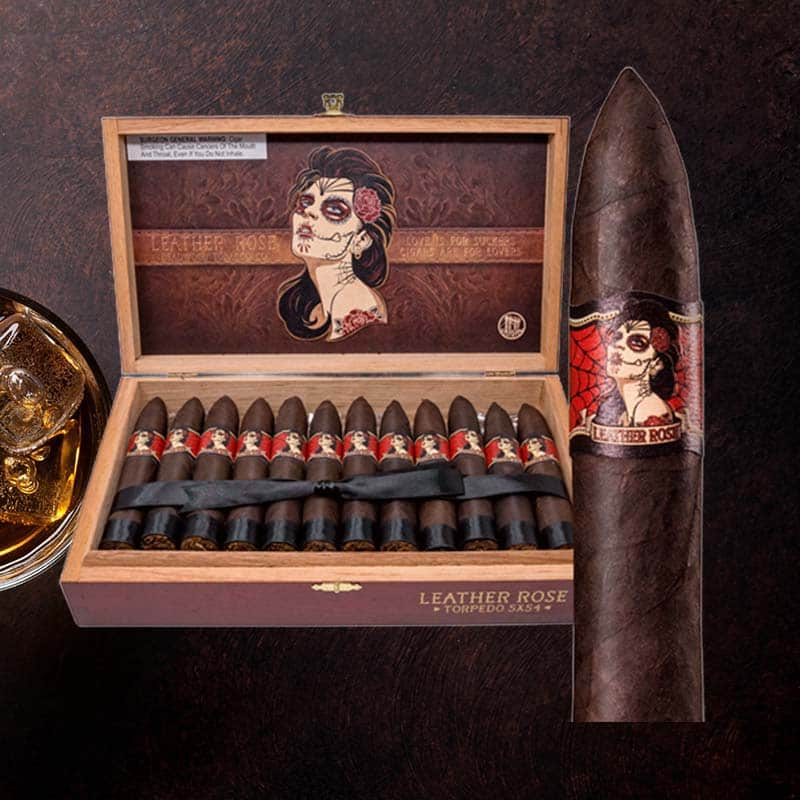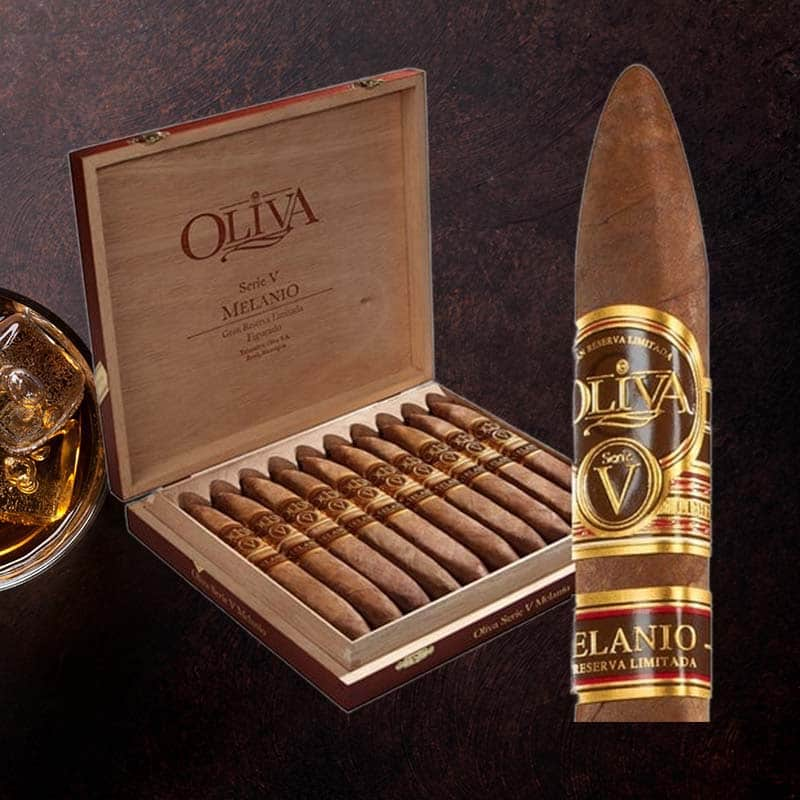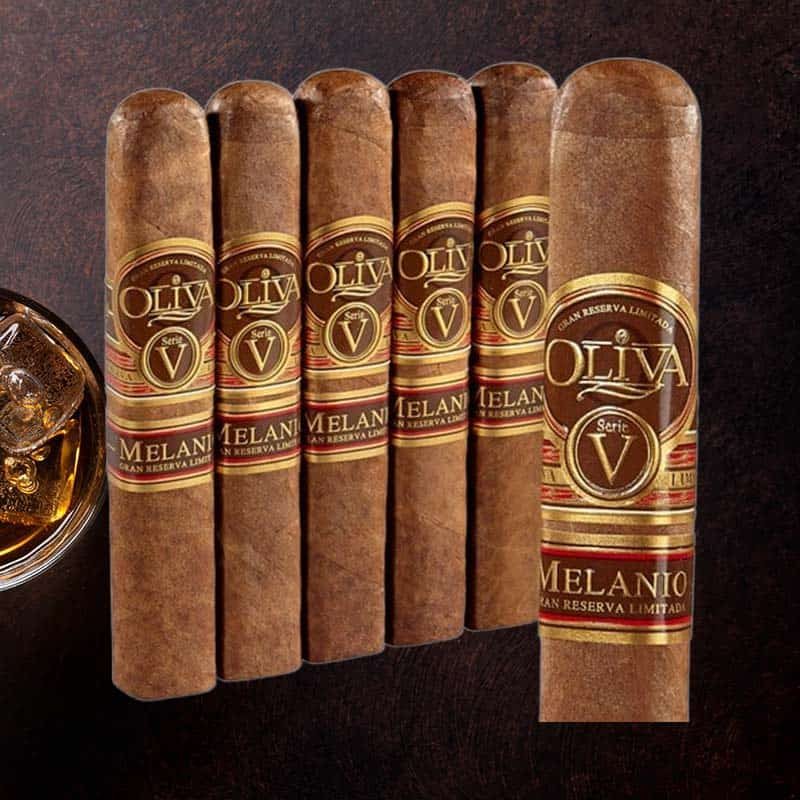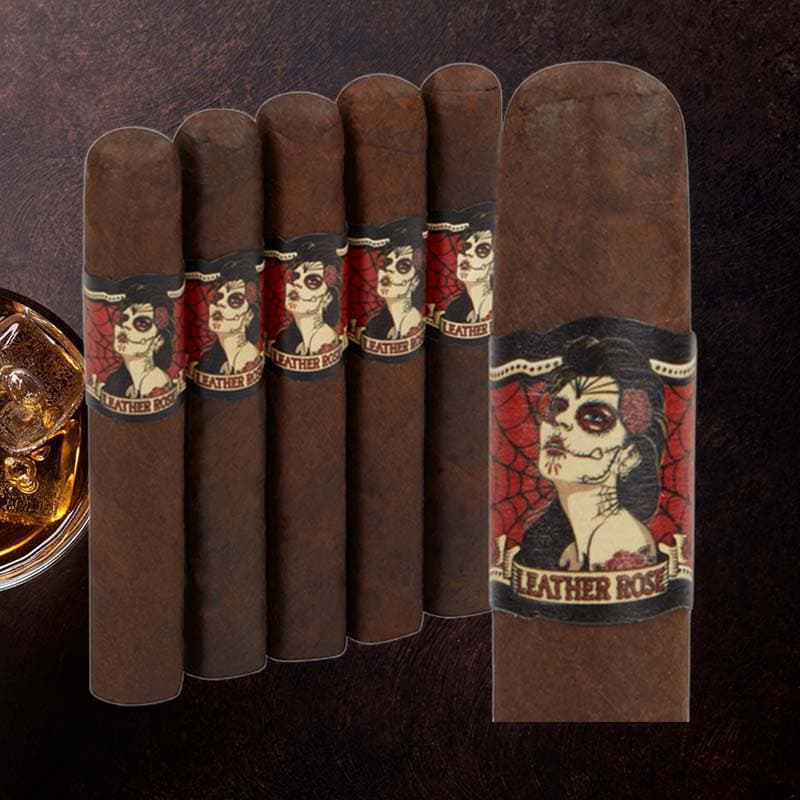Torch lighters take what kind of fuel
Everything You Need to Know About Torch Lighters
As a cigar enthusiast, I’ve learned that the right tools can transform an ordinary experience into something truly remarkable. Whether you’re savoring the smooth flavor of a premium cigar or indulging in a quick outdoor grill session, using the right lighter can make all the difference. Today, let’s dive into the world of torch lighters, particularly focusing on what kind of fuel they take and why it matters.
What Is a Torch Lighter?
A torch lighter is a specialized tool designed for generating a concentrated flame using various types of gaseous fuel, primarily for lighting cigars and other applications. Unlike regular lighters, the flame from a torch lighter is wind-resistant and burns at a higher temperature, making it ideal for those special moments.
Advantages of Using Torch Lighters
Why Choose a Torch Lighter?
There are many reasons to opt for a torch lighter over other types:
- Wind-Resistant Flame: Perfect for outdoor use; no more struggling to light when the wind picks up.
- High Heat Output: Ensures an even light for cigars, resulting in a better smoking experience.
- Precision: The flame is concentrated, allowing for accurate lighting without damaging the cigar wrapper.
- Versatility: Useful for lighting candles, fireworks, or even kitchen purposes.
Types of Torch Lighters
Common Torch Lighter Designs
When shopping for a torch lighter, you’ll come across several designs. Here are some popular ones:
- Single Jet: Produces one concentrated flame—great for a quick light.
- Double Jet: Emits two flames for a more robust lighting option, perfect for larger cigars.
- Flame Adjustable: Lets you control the flame height and intensity, ideal for various lighting needs.
Torch Lighter Components
Understanding the Anatomy of a Torch Lighter
A torch lighter consists of several critical components:
- Fuel Chamber: Contains the gas that fuels the flame.
- Ignition Mechanism: Sparks the gas to create a flame.
- Flame Adjustment Dial: Controls the size of the flame.
- Safety Lock: Prevents accidental ignitions and ensures safety.
Types of Torch Lighter Fuel
What Fuel Do Torch Lighters Use?
Torch lighters typically use gaseous fuels, including butane, isobutane, and propane. Each offers unique benefits depending on your specific needs and situations.
Butane: The Primary Fuel for Torch Lighters
Why Butane is Popular for Torch Lighters
Butane is the most common choice for torch lighters for a variety of reasons:
- Consistency: Butane burns cleanly and consistently.
- Availability: Widely available at most cigar shops and convenience stores.
- Affordable: An economical choice for regular use.
Isobutane: A Cold Weather Alternative
The Benefits of Using Isobutane
Isobutane is particularly useful in cold weather scenarios:
- Lower Boiling Point: Functions effectively in colder temperatures where regular butane may not.
- High Efficiency: A more efficient fuel option for outdoor enthusiasts.
Propane in Torch Lighters
When to Use Propane for Your Torch Lighter
Propane can be beneficial in certain situations:
- High Heat Applications: Great for use in heavy-duty torches.
- Home Use: Ideal for heavy-duty applications like soldering or culinary tasks.
How to Refill Your Torch Lighter
Step-by-Step Refilling Guide
Refilling your torch lighter is straightforward. Here’s how I do it:
- Ensure the lighter is empty by pressing the ignition button.
- Hold the lighter upside down.
- Insert the butane refill nozzle into the fuel port.
- Press down firmly to fill until you hear a hissing sound (usually around 2-5 seconds).
- Wait a few minutes before using to allow the gas to reach room temperature.
Storing Your Torch Lighter Properly
Best Practices for Torch Lighter Storage
Proper storage extends the life of your lighter:
- Store in a cool, dry place away from direct sunlight.
- Avoid areas with high temperatures or humidity.
- Regularly check for leaks or damage.
Troubleshooting Common Torch Lighter Issues
What to Do If Your Torch Lighter Isn’t Working
Occasionally, I encounter issues with my torch lighter. Here’s what I do:
- Check that it’s properly fueled.
- Inspect the ignition mechanism for debris.
- Adjust the flame height—if too low, it may not ignite.
Finding the Right Lighter Fuel
Tips for Choosing the Best Fuel for Your Torch Lighter
When selecting fuel, consider these tips:
- Look for 100% pure butane to avoid impurities.
- Consult product reviews to gauge reliability and performance.
- Match the fuel type with your lighter’s compatibility.
Special Considerations for Outdoor Use
How Fuel Choices Impact Outdoor Performance
When enjoying outdoor events, my choice of fuel greatly impacts performance:
- Opt for isobutane in colder conditions to guarantee function.
- Ensure your lighter is wind-resistant to cope with conditions.
Conclusion
Summarizing Fuel Choices for Torch Lighters
In conclusion, understanding the different fuel options available for torch lighters can enhance your lighting experience, whether at home or outdoors. Personally, I recommend keeping a couple of fuel types handy, so you’re always prepared for any lighting challenge!
What fuel do torch lighters use?
Torch lighters commonly use butane, isobutane, or propane depending on your specific needs for lighting cigars or engaging in other activities.
What is the best gas for torch lighters?
Butane is considered the best gas for torch lighters as it provides a consistent and clean burning flame, making it perfect for various tasks.
What kind of fuel do torches take?
Most torches use butane as their primary fuel source. However, isobutane and propane are also used for specialized applications.
Do all torch lighters use butane?
Not all torch lighters use butane; some may use isobutane or propane depending on the design and function of the lighter.

















